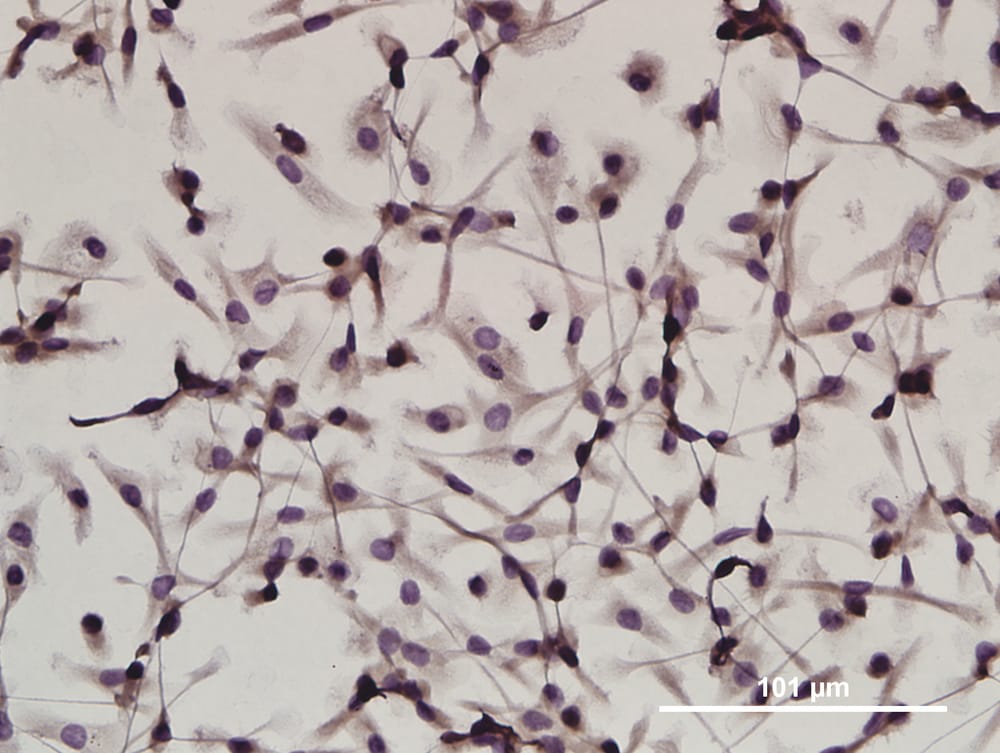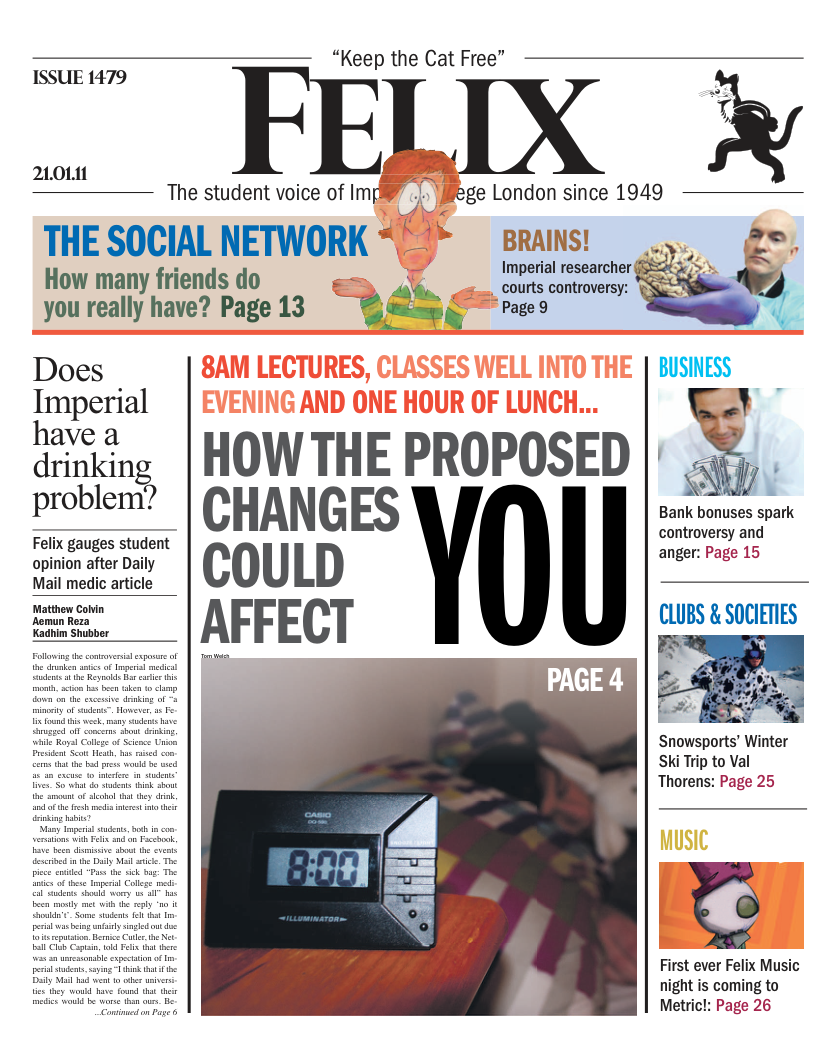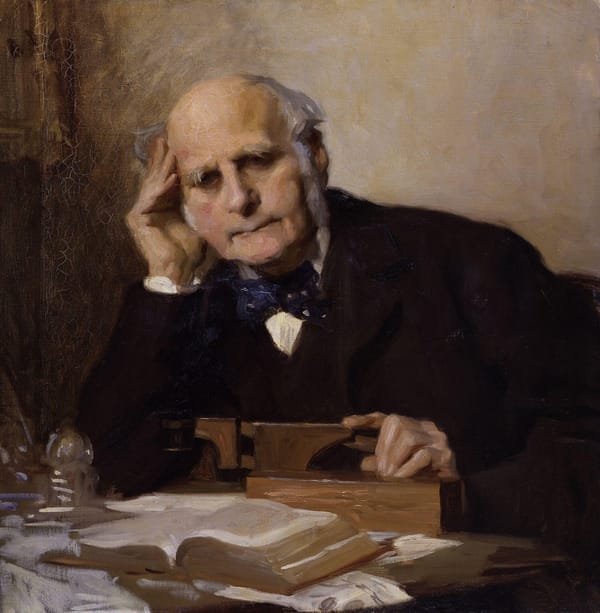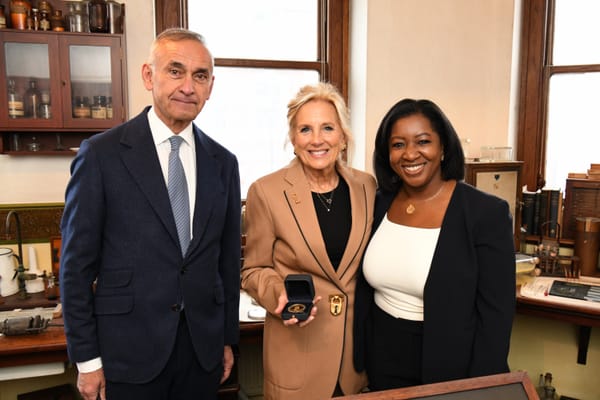New gene heralds inflammation cures
Imperial College London develops potential method to control the body's inflammatory response

Inflammation is a major cause and constituent of many different conditions and scientists believe they have identified a “master switch” protein that could hold the key to new treatments for these diseases.
The immune inflammatory response is a vital part of the body’s reaction to potential damage, whether that be infectious or due to other stimuli. This process is the responsibility of immune cells known as macrophages. These cells have a dual role, able to stimulate or suppress inflammation depending on what chemicals the cell secretes into the tissues.
However, despite the defensive intentions of the inflammatory response, in many conditions it is the inflammation that is the main cause of symptoms and complications.
A team from Imperial College London has come up with a potential new way to control the inflammatory response. There results indicate that a protein, known as Interferon regulatory factor 5 (IRF5), is the “master switch” responsible for the role of macrophages in inflammation.
If this protein is blocked it could have potential therapeutic benefits for several different conditions including rheumatoid arthritis, lupus and multiple sclerosis.
A senior researcher who worked on this study, Dr Irina Udalova, said “Diseases can affect which genes are switched on and off in particular types of cells.
Understanding how this switching is regulated is crucial for designing targeted strategies to suppress unwanted cell responses.”
IRF5 was targeted after gene association studies linked variations in the protein to autoimmune diseases. The study itself was carried out using genetic technology to introduce more copies of the genes encoding for IRF5 into in-vitro cells. After this they were able to observe that the macrophages with anti-inflammatory characteristics given additional copies of IRF5 promoted inflammation. As well as this, they found that by blocking IRF5 with synthetic molecules they could block the inflammatory effects.
Dr Udalova summed up the potential of the study by saying “This is really exciting, because it could give us new anti-inflammatory treatments for a wide variety of conditions.”










